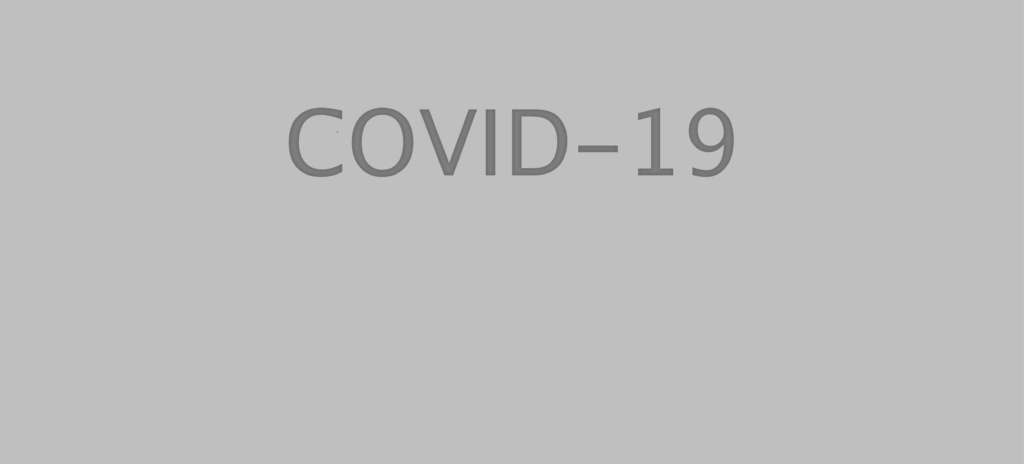We caught up with Dr. Kevin Yuen, medical director of the Barrow Pituitary Center and the Barrow Neuroendocrinology Clinic in Phoenix, Arizona, and Dr. Lewis Blevins Medical Director of the California Center for Pituitary Disorders at UCSF and PWN cofounder to discuss important information for pituitary patients regarding COVID-19.
Listen to the podcast and learn:
- about the types of pituitary patients that are more susceptible to COVID-19 infection;
- why and how acromegaly and Cushing’s patients are prone to develop diabetes and what they should do if faced with a COVID-19 infection;
- the increased risk of infection of patients with adrenal insufficiency and Cushing’s and how to stress dose if they develop symptoms.
- why do active Cushing’s syndrome patients need to be aware of the additional treatment steps that are essential to reduce susceptibility to COVID-19.
- what should you do if you suspect infection by COVID-19? And what steps are needed in case of being quarantined at home?
- what specific signs or symptoms you need to look out for to monitor for progress or deterioration while being quarantined? And what should you do if you feel you need to seek help?
Don’t miss this extremely informative podcast and please send us your comments through our social media channels, on our website or email to info@pituitaryworldnews.org
© 2020 – 2024, J D Faccinetti. All rights reserved.

Thanks so much for this. What’s still unclear to me is that for those of us with steroid dependence, we hear double or triple the dose at the onset of symptoms used interchangeably. Is it double or triple depending on severity of symptoms? And what to do if the onset of symptoms occurs at night, well past recommended time to take steroids.
Thanks.
If you are sick, you take them anyway & put up with the consequences of no sleep, unless you are so ill that you sleep, anyway. I don’t know what other thing is considered safe to take at night for you for sleep under that therapy.
3 years post op pit surgery, Secondary Adrenal Insufficient, no ACTH function, on replacement steroids currently ranging from 30-40 HC daily. Dropping down to 20 HC seems like a bad idea, yet being too high is also not good with weight gain and Cushings like symptoms returning. When going into the hospital with COVID symptoms, our local physicians will have no idea how to dose us throughout the 12 days or so on ventilator. Assuming we have a crisis and need solu-cortef 100 mg. What then? I read somewhere like 25 HC every 4-6 hours round the clock? What would you suggest because my doctors won’t know
Great podcast! I believe that I had COVID in February. I was in the ICU for several days. They didn’t even test me for COVID. I had extreme SOB, as well as most of the other symptoms. I know I have Cushing’s disease with newly developed diabetes. I have a 3mm pituitary tumor. Last MRI was in 2014. Morbid obesity, uncontrolled HTN. I work at Rush University Medical Center as a Transfusion Specialist. I need a great Neurosurgeon and Endocrinologist. Please help!
This article suggests that our immune systems (well, not our, but, “healthy” people’s immune systems) play a role in thyroid hormone regulation. In short, when the immune system gets active, various peripheral tissues (not just the hypothalamus) also release TSH:
https://www.ncbi.nlm.nih.gov/pmc/articles/PMC2768616/
(Other articles detail the great sensitivity of various parts of the immune system to the presence of thyroid hormones).
For those of us who are secondary/central hypothyroid (in the simplest case, because the Pituitary fails to release TSH), and so we take e.g. levothyroxine or other replacement T4 and/or T3 hormones, as I understand it from my endocrinologist this might cause the thyroid gland itself to atrophy and no longer respond to whatever TSH the body does produce.
For the purposes of the questions below, I proposed a (too-, I know) simplified case, of where the ONLY endocrine damage that the patient has suffered is central hypothyroidism; Please assume that the patient has no other commorbitities. (Even though we usually do).
Question 1: Do I understand that correctly? Or does the thyroid gland (in the absence of other problems or damage to the gland itself) still respond to whatever TSH there is in our bodies, even though the Pituitary isn’t making much/any TSH and so the thyroid gland is rarely/lightly exercised?
Question 2: If the thyroid gland does NOT remain fully responsive to whatever TSH there is, does this mean that when we’re sick we should slightly increase our levothyroxine (or other replacement T4 and/or T3 hormones) doses, to mimic what the “healthy” immune system -> TSH -> thyroid -> T4 -> T3 cycle would be to raise our metabolisms and help our bodies fight disease / heal? .. or do anything else different than what a “healthy” person would do when they’re sick?
So if secondary adrenal insuffient from cushings pit surgery, and we have to go into the hospital whether we have a crisis and inject with Solu-cortef or just the symptoms are so bad that home management is no longer an option. What I don’t understand is how to tell our hospital doctors to dose us throughout the COVID treatment (ventilation). I do not have a local endo (really no endocrine help at all) and local doctors have always left my dosing to me for any previous crisis. Lets assume 100mg of Solu-cortef at first, then what 60 HC does not seem to be adequate for (triple normal dose), I have read that 25 HC every 4-6 hours is needed round the clock, as the virus is ravaging the body at night so we need dosing especially at night around the 1am and 4 am hours. Does that sound accurate? I will have to give detailed instructions with no endocrine support. Please send me your suggestions.